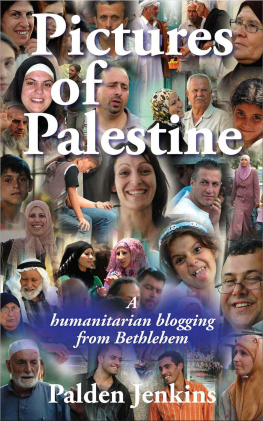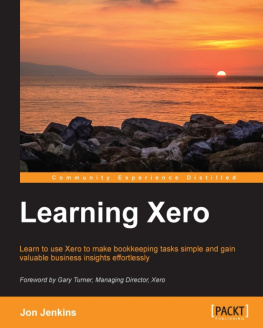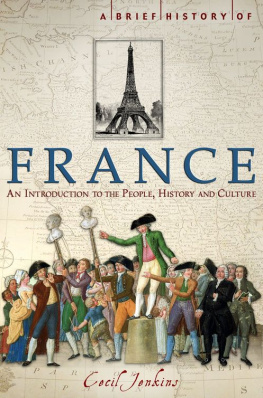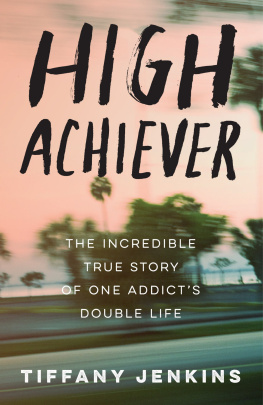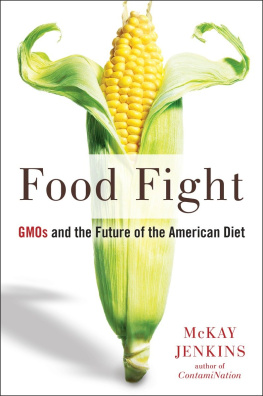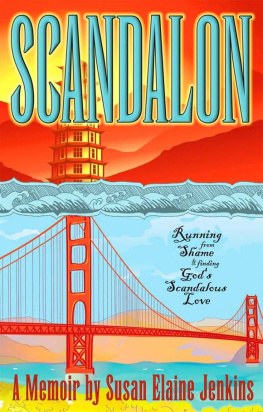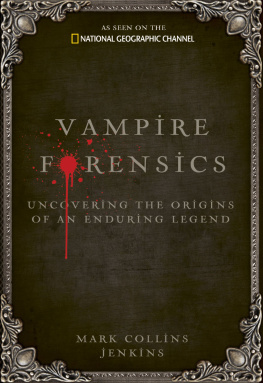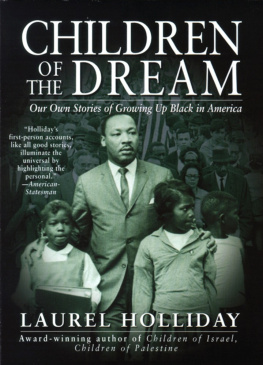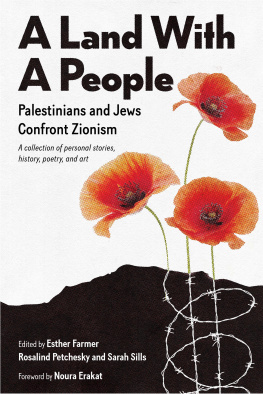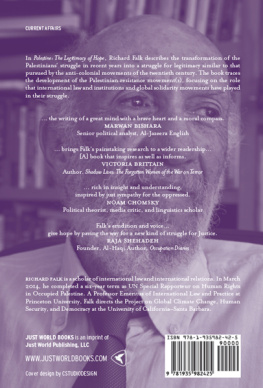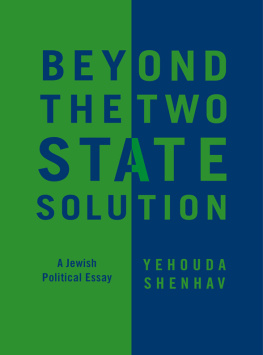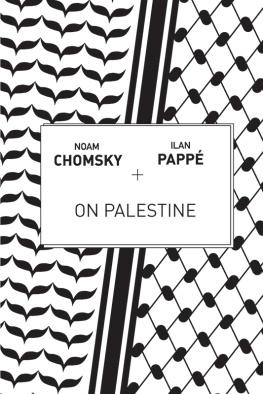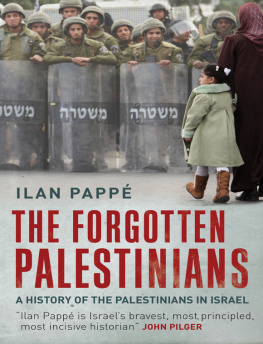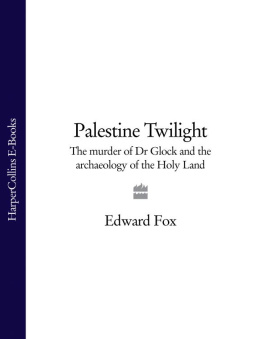Introduction
It wasnt just a question of whetherto spend three months in Palestine. It felt like the start of a longtermcommitment and an act of faith. Freelance humanitarian work involves gettingengaged with people, becoming a part of their world, their experience andtheir families. A fully-fledged feeling of family is somethingPalestinians excel in.
I care for people I know in Palestine. On an earlier trip in2005 I realised that, if I returned, people would expect me to come back regularly.They would look to me for solutions, give me things ordinary visitors wouldntreceive. I might even die with these people after all, its a conflict-zone.
Humanitarian work sounds a bit romantic but it doesnt stopif bullets start flying. People back home have at times implored me to besensible. Palestinians deserve sympathy but charity begins at home, andreally they should sort themselves out. Yet my British forefathers contributedmightily to setting up Palestinians problem back in the 1920s to the 1940s,leaving a legacy we now prefer to forget.
Im a Sixties veteran who never quite gave up. My Palestinework started in the 1990s, a new step on what had already been a long life-journey.Its no quick-fix thing and you need a mad streak, a dose of righteous despairto do it.
Perhaps its in my blood. I was born in a maternity homethat had been the WW2 American Generals HQ in Britain. At school in LiverpoolI grew up sandwiched between Catholics and Protestants, taunted for refusing totake sides, for saying they should work things out by means other thanviolence. I became a hippy with a rainbow vision, and this deepened myunderstanding of the human condition and the meaning of life. As a student atthe London School of Economics I joined in protesting against what was happeningin Vietnam and Ulster all we were saying was to give peace a chance. Myfather, uncles and grandfathers had been world war combatants, my aunt hadhelped Alan Turing break the Enigma Codes at Bletchley Park and my mother hadhidden under the kitchen table during the Blitz in London. So my genes echoedwith the reverberations of explosions and confrontation.
I still believe in peace and love as pragmatic, fundamentalsolutions to global problems, though of course I know its not quite so simple.I look at peoples furrowed eyebrows and pudgy bellies, at the smog and thechemicalised landscape, at jet fighters screeching overhead, and see thatsomething is not quite right. Whether I have a mental illness or a sound graspof reality has always been an open question for people who know me.
For the triumph of evil, it is necessary only that goodpeople do nothing. So said the 18th century philosopher Edmund Burke. Thisis a big statement for our day.

I had been asked to spend threemonths in Bethlehem at Hope Flowers, a peace school and adult education centrespecialising in trauma-recovery and post-conflict community reconstruction. To quotethe founder, Hussein Issa, every act of violence begins with an unhealedwound. Yes indeed. Humanity is damaged, the damage is still growing andPalestinians and Israelis have a concentrated dose of it. Worldwide, peoplehave come to accept violence as regrettably normal its routinely reported onthe daily news. Yet Hope Flowers has developed something which can help embedpeace-building across the world.
Genuine peace is a national security issue for all countries.Governments believe in economic development, civil institution building andupholding law and order as key development issues, and theres value in this,but building real peace is about developing a sound social consensus of mutually-assuredtrust and cooperation at street level, in peoples values, in their feelings. Itsa healing process. My own country, Britain, has for centuries played a majorrole in ramping up conflict worldwide and its forces fight in foreign landstoday, so I feel a strange sense of personal responsibility to do something.
We need to help societies become more liveable, mutually supportive,joined-up, okay with themselves and with each other. Hope Flowers, led byIbrahim Issa, Husseins son, gives damaged people a basis by which to turnresentment into understanding and pain into progress, building a decent lifeand acting constructively, even when living in a difficult situation.
Palestinians have more experience than virtually anyone indealing with conflict and disaster. Most conflicts last five years, up to ten, andthen, when peace comes, everyone tries to forget. They want to get a job, goshopping, build house extensions and have a new car. They lose the acute andpoignant intensity of experience they gained while treading the edge in timesof war. But the Palestine conflict has gone on for many decades, andPalestinians are noteworthy in their capacity to survive under duress. Theyhave much to teach the world.
When first I went to Bethlehem, I had big ideas about what Iwould do. Many of these proved thoroughly irrelevant the things that weremost valued were quite different. Also it wasnt just a matter of my helpingthem but also of their helping me. In the West we have materialwealth and social poverty, with relatively dysfunctional families andcommunities, whereas Palestinians have material hardship and social wealth, astrength of society which is exemplary. Their insecurity has given themtogetherness.
One of my priorities on this trip was photographic: I wantedto catch Palestine as it stands through the camera lens. No stereotypes,just real-life stuff. The media feed us partially-true images of bombed out buildings,angry youths, masked gunmen, old ladies wailing, grieving fathers carrying deadchildren, but we have little idea of Palestinians real lives, what theydo on Tuesdays, where their kids play, how they do their shopping. Hence thename of this book Pictures of Palestine. Its a bundle of impressionsof real life.
Welcome to Bethlehem. This is what its like, as seenthrough my goggles and via my antennae. At least, it was like this in 2009, whenI wrote a blog about my time there. Some things, such as checkpoints, havelightened up since then and some things, such as Israeli land-grabs, have gotworse. Nothing really changes with Palestines situation, but in another senseit is changing profoundly.

